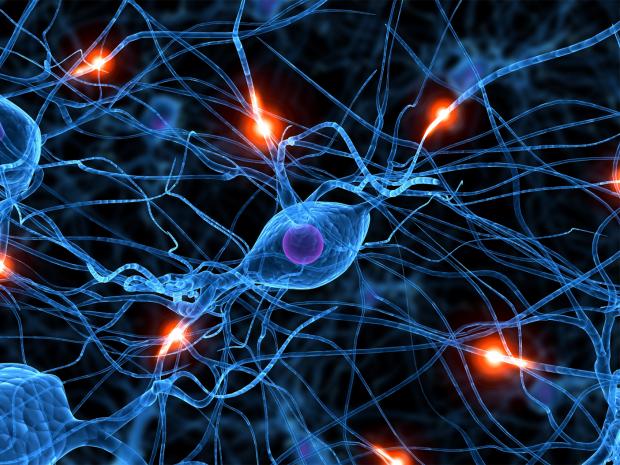- Academics
Chemical and Biomolecular Engineering, B.S.

As a chemical and biomolecular engineering major at the School of Engineering, you'll become part of a field that has contributed to the development of virtually every material common to modern life. Chemical and biomolecular engineers are involved with the production of plastics, pharmaceuticals, fertilizers, foodstuffs, synthetic rubber and rocket propellants. New technologies, from sensors to the production of bulk chemicals from renewable bio-resources, require the unique skills of chemical and biomolecular engineers.
The School of Engineering's Chemical and Biomolecular Engineering program is accredited by EAC of ABET and will provide you with a solid foundation in science and the engineering sciences. You will study advanced chemistry, thermodynamics, fluid dynamics, heat and mass transfer, multi-stage separation processes and other related areas. You will also work with professors who are among the leading researchers in their field.
Graduates may choose from a wide range of activities, including research, process and product development, design and supervision of the construction and operation of industrial plants, technical sales and services, consulting, management and teaching. Opportunities in chemical and biomolecular engineering are virtually unlimited.
About the Program
The Chemical and Biomolecular Engineering program prepares graduates who:
- creatively apply their knowledge and skills to a broad range of contemporary pursuits, taking into account industrial, environmental, economic, safety, global, diversity, and ethical considerations
- apply their technical, communication, and problem-solving skills to the pursuit of careers in the chemical, biochemical, energy and related industries or
- pursue advanced study in graduate programs in chemical engineering and related fields, and in professional programs such as medicine, business, and law
- work both independently and collaboratively to manage complex technical projects
- provide innovation, leadership, and inspiration in their chosen field, continually augmenting their understanding and expertise through formal and informal education
Student Outcomes
In support of its Educational Objectives, the Chemical and Biomolecular Engineering program fosters development of a broad range of conceptual, technical, and professional knowledge including:
- An ability to identify, formulate, and solve complex engineering problems by applying principles of engineering, science, and mathematics.
- An ability to apply engineering design to produce solutions that meet specified needs with consideration of public health, safety, and welfare, as well as global, cultural, social, environmental, and economic factors.
- An ability to communicate effectively with a range of audiences.
- An ability to recognize ethical and professional responsibilities in engineering situations and make informed judgments, which must consider the impact of engineering solutions in global, economic, environmental, and societal contexts.
- An ability to function effectively on a team whose members together provide leadership, create a collaborative and inclusive environment, establish goals, plan tasks, and meet objectives.
- An ability to develop and conduct appropriate experimentation, analyze and interpret data, and use engineering judgment to draw conclusions.
- An ability to acquire and apply new knowledge as needed, using appropriate learning strategies.
- An ability to analyze and design chemical and biomolecular processes and systems.
Curriculum
Engineering design lies at the heart of the Chemical and Biomolecular Engineering major. As students progress through the curriculum and their conceptual knowledge increases, subsequent courses bring increased emphasis on design and the solution of complex, open ended, multifaceted problems. The curriculum culminates in a year-long, senior capstone design sequence in which students design multi-unit processes while accounting for engineering, technical, regulatory, safety, environmental, ethical, and economic considerations.





